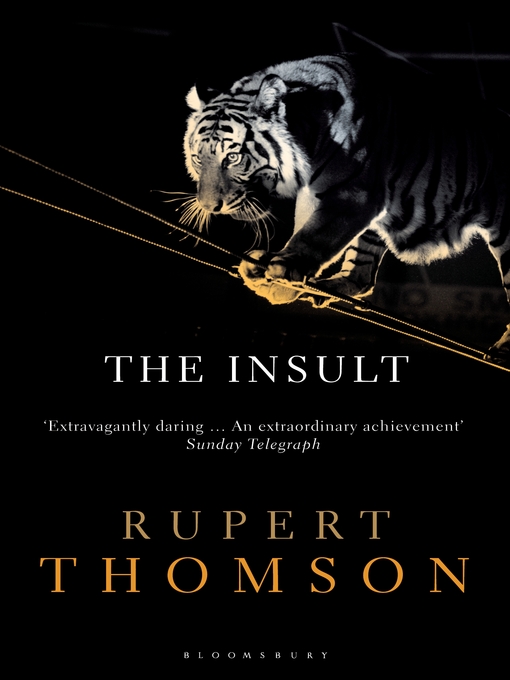This review gives a synopsis of the novella.
In
God Bless You, Dr. Kevorkian, Vonnegut skips back and forth between
life and the Afterlife as if the difference between them were rather
slight. In thirty odd "interviews," Vonnegut trips down "the blue tunnel
to the pearly gates" in the guise of a roving reporter for public
radio, conducting interviews: with Salvatore Biagini, a retired
construction worker who died of a heart attack while rescuing his
schnauzer from a pit bull, with John Brown, still smoldering 140 years
after his death by hanging, with William Shakespeare, who rubs Vonnegut
the wrong way, and with socialist and labor leader Eugene Victor Debs,
one of Vonnegut's personal heroes. What began as a series of
ninety-second radio interludes for WNYC, New York City's public radio
station, evolved into this provocative collection of musings about who
and what we live for, and how much it all matters in the end. From the
original portrait by his friend Jules Feiffer that graces the cover, to a
final entry from Kilgore Trout, God Bless You, Dr. Kevorkian remains a
joy. - See more at:
http://www.buffalolib.org/vufind/Record/1042863/Reviews#sthash.jMhHH7U5.dpuf
In
God Bless You, Dr. Kevorkian, Vonnegut skips back and forth between
life and the Afterlife as if the difference between them were rather
slight. In thirty odd "interviews," Vonnegut trips down "the blue tunnel
to the pearly gates" in the guise of a roving reporter for public
radio, conducting interviews: with Salvatore Biagini, a retired
construction worker who died of a heart attack while rescuing his
schnauzer from a pit bull, with John Brown, still smoldering 140 years
after his death by hanging, with William Shakespeare, who rubs Vonnegut
the wrong way, and with socialist and labor leader Eugene Victor Debs,
one of Vonnegut's personal heroes. What began as a series of
ninety-second radio interludes for WNYC, New York City's public radio
station, evolved into this provocative collection of musings about who
and what we live for, and how much it all matters in the end. From the
original portrait by his friend Jules Feiffer that graces the cover, to a
final entry from Kilgore Trout, God Bless You, Dr. Kevorkian remains a
joy. - See more at:
http://www.buffalolib.org/vufind/Record/1042863/Reviews#sthash.jMhHH7U5.dpuf
In
God Bless You, Dr. Kevorkian, Vonnegut skips back and forth between
life and the Afterlife as if the difference between them were rather
slight. In thirty odd "interviews," Vonnegut trips down "the blue tunnel
to the pearly gates" in the guise of a roving reporter for public
radio, conducting interviews: with Salvatore Biagini, a retired
construction worker who died of a heart attack while rescuing his
schnauzer from a pit bull, with John Brown, still smoldering 140 years
after his death by hanging, with William Shakespeare, who rubs Vonnegut
the wrong way, and with socialist and labor leader Eugene Victor Debs,
one of Vonnegut's personal heroes. What began as a series of
ninety-second radio interludes for WNYC, New York City's public radio
station, evolved into this provocative collection of musings about who
and what we live for, and how much it all matters in the end. From the
original portrait by his friend Jules Feiffer that graces the cover, to a
final entry from Kilgore Trout, God Bless You, Dr. Kevorkian remains a
joy. - See more at:
http://www.buffalolib.org/vufind/Record/1042863/Reviews#sthash.jMhHH7U5.dpuf
In
God Bless You, Dr. Kevorkian, Vonnegut skips back and forth between
life and the Afterlife as if the difference between them were rather
slight. In thirty odd "interviews," Vonnegut trips down "the blue tunnel
to the pearly gates" in the guise of a roving reporter for public
radio, conducting interviews: with Salvatore Biagini, a retired
construction worker who died of a heart attack while rescuing his
schnauzer from a pit bull, with John Brown, still smoldering 140 years
after his death by hanging, with William Shakespeare, who rubs Vonnegut
the wrong way, and with socialist and labor leader Eugene Victor Debs,
one of Vonnegut's personal heroes. What began as a series of
ninety-second radio interludes for WNYC, New York City's public radio
station, evolved into this provocative collection of musings about who
and what we live for, and how much it all matters in the end. From the
original portrait by his friend Jules Feiffer that graces the cover, to a
final entry from Kilgore Trout, God Bless You, Dr. Kevorkian remains a
joy. - See more at:
http://www.buffalolib.org/vufind/Record/1042863/Reviews#sthash.jMhHH7U5.dpuf
This interview from the period just before the Iraq War gives a detailed insight on the concepts and thoughts of Vonnegut on the lessons of the past and the challenges of the present.

